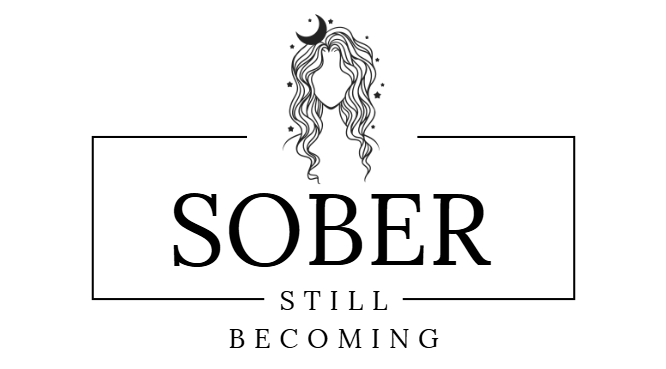Healing Your Inner Narrator
Recognizing Your Inner Voice: What It Says and How It Feels
Letting go of perfectionism has been one of the hardest, most spiritual lessons of my life — and truthfully, it’s still a work in progress. There’s no switch to turn off the inner critic (I’ve looked for it). Instead, I’ve had to learn how to coexist with that voice — to listen differently, to respond with grace, and to trust that my Higher Power speaks in a tone much softer than my self-judgment.
Some days, I’m gentle with myself. I can admit, hey, I messed up, but I’m human, and that’s okay. Other days — when my faith feels distant, my mind is loud, and my soul’s running on low battery — that inner voice becomes a full-blown heckler. It whispers, shouts, and sometimes throws in an encore performance just to remind me I’m “failing,” even when logically I know I’m not.
When Did This Voice Become Particularly Harsh or Critical?
Honestly, that narrator’s been around since forever — long before addiction, just waiting for a microphone. During those dark years, it became my not-so-helpful companion, a mix of guilt, shame, and sarcasm without the punchline.
When I got sober, that voice chilled out… a little. But it still likes to pop in, uninvited, usually when I’m tired, hungry, or forgetting to connect spiritually. It’s like, oh, you haven’t prayed, journaled, or slept? Perfect time for a mental meltdown.
Three Things My Critical Inner Voice Tells Me Most Often
You’re worthless.
You’re not smart enough.
You’ll never be enough.
Those thoughts cut deep. Even when I know logically they’re false, they still sting emotionally. They’re echoes of old pain — not truth, but memory. They’re like hit singles from 2012 that no one asked to hear again.
When My Inner Voice Tries to Sabotage My Spiritual Growth
Sometimes, my mind creates stories that aren’t real — illusions that chip away at my faith and try to pull me back into fear. I’ve learned to see these thoughts for what they are: distractions from my Higher Power’s truth.
When I give them energy, they start to shape my reality. But when I pause and remember that I am not my thoughts — that I’m something deeper, connected to something greater — the spell breaks.
Our thoughts are powerful. They influence how we see ourselves, how we show up in the world, and how open we are to receiving divine guidance. When we repeat negative thoughts, they can turn into beliefs. But when we choose to align our thinking with love, gratitude, and faith — we start attracting that same energy back into our lives.
I believe in divine alignment — that what we put out energetically comes back to us. That’s why I’ve learned to detach from outcomes, trust timing, and focus my thoughts on faith, hope, and service.
Strategies I Use to Retrain My Inner Narrator
Pause and observe. When a negative thought shows up, I name it, breathe, and let it pass instead of letting it lead. I don’t have to buy every thought my brain is selling.
Invite my Higher Power in. I ask, “What truth would You have me see right now?” That question shifts everything — it turns self-judgment into spiritual reflection.
Rewrite the thought. I replace “I’m failing again” with “I’m learning something new about myself.”
Speak grace aloud. I affirm truths like, “I am guided, protected, and becoming who I’m meant to be.”
Do one small good thing. Help someone, move my body, create something — anything to shift from overthinking to soul alignment.
Reflection
Recovery isn’t only about staying sober — it’s about transforming the inner dialogue that shapes how we live, love, and connect with our Higher Power and ourselves.
That voice might never fully shut up, but now I can answer it with faith, humor, and compassion. I remind myself that I’m not the voice in my head — I’m the one listening, sometimes rolling my eyes, but always choosing to keep going.
Each day, I get to rewrite the story I tell myself — one thought and one gentle act of trust at a time.

